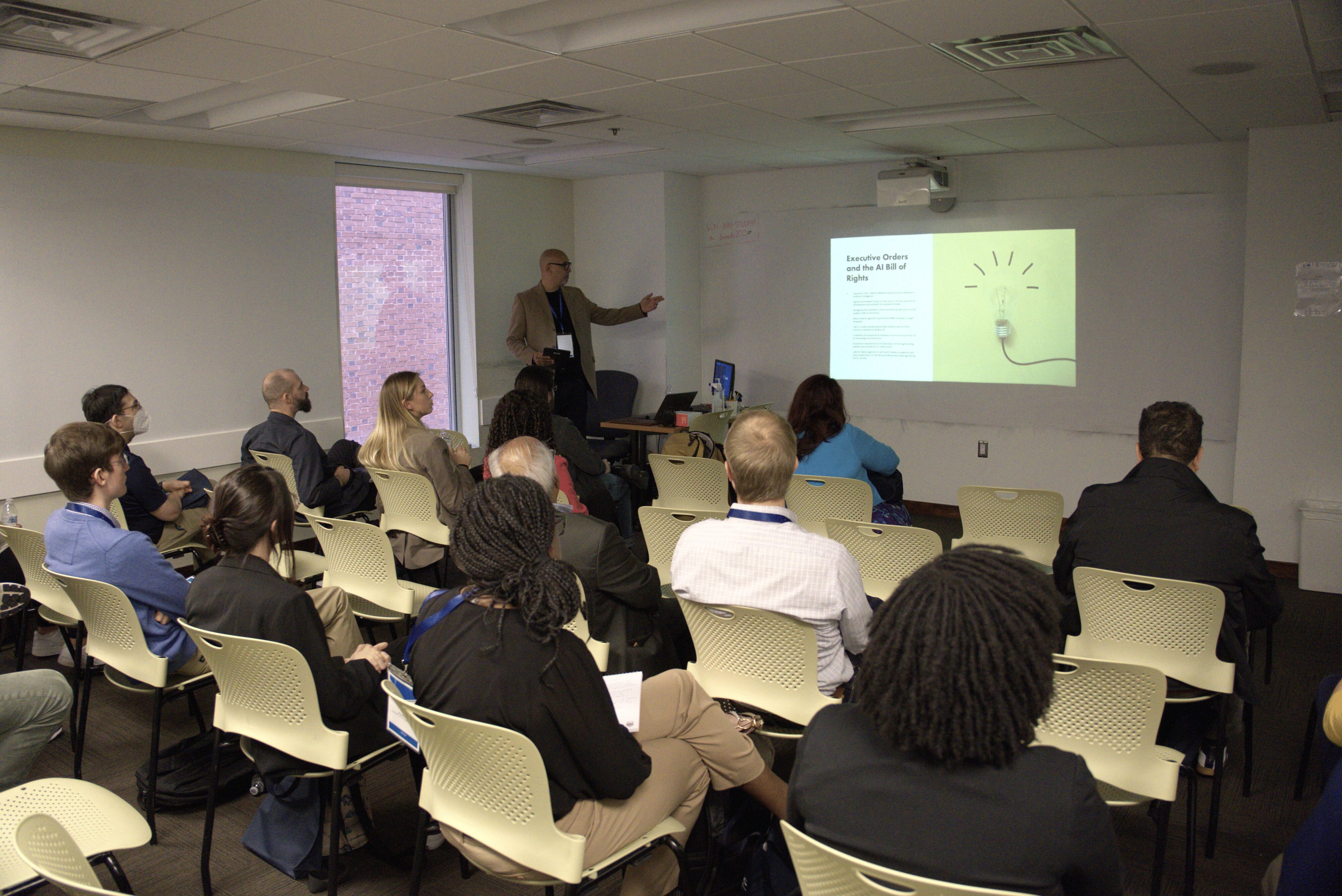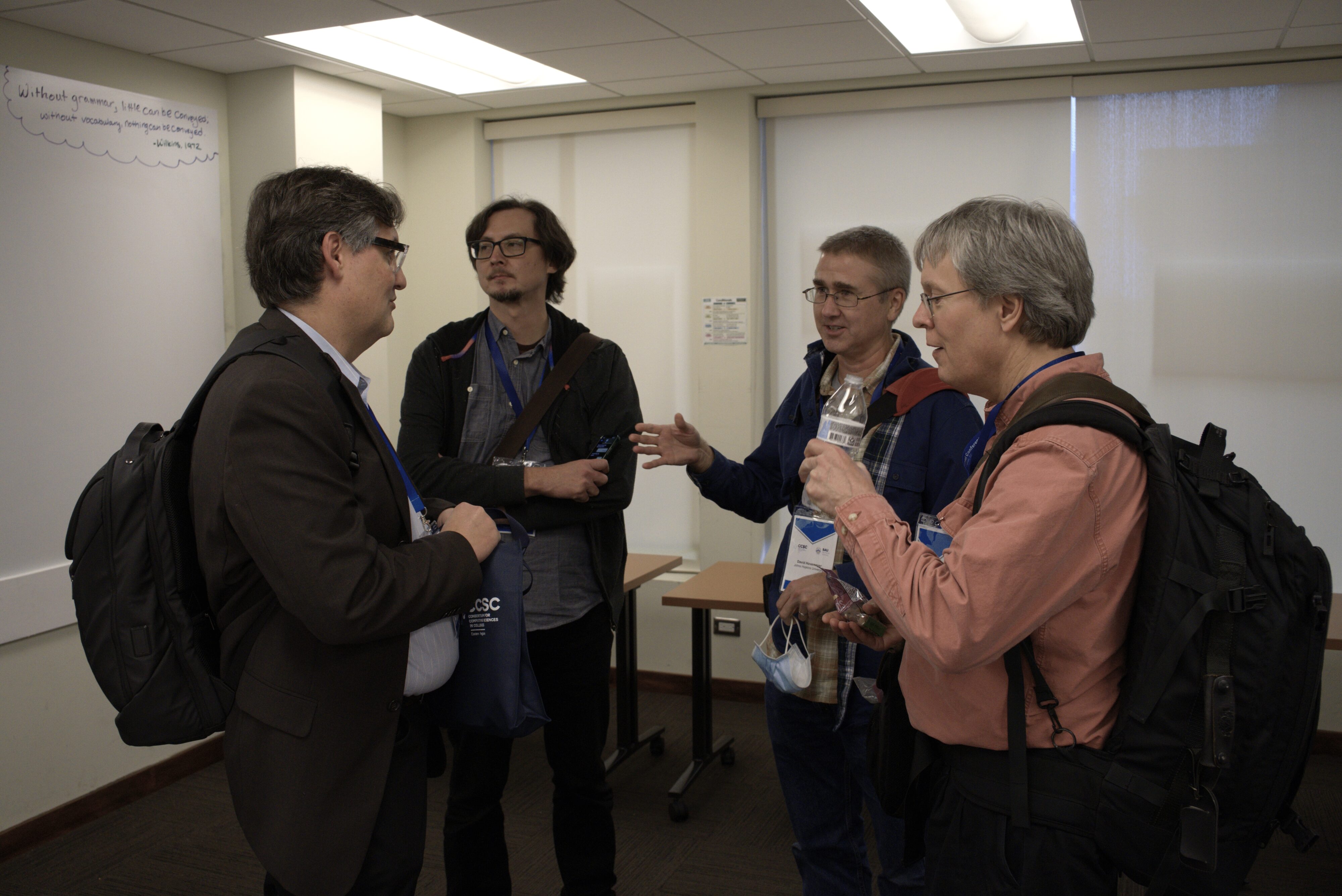The Master of Science in Big Data Analytics degree is earned by completing the program course requirements of 36 credit hours (12 courses of 3 credit hours), of which 21 credits are core courses and 15 credits are elective courses. To qualify for the Master of Science in Big Data Analytics degree, students must meet all core and concentration elective credit requirements.
Students should meet the following minimum requirements to qualify for a graduate degree:
Minimum Passing Grade Per Course B- (CGPA 3.00)
Total Required Credits 36
- Students enrolled in the graduate program must maintain a Cumulative Grade Point Average (CGPA) of at least 3.0 (B) out of 4.0 and earn a minimum grade of not less than 2.7 (B-) out of 4.0 on all courses to qualify to graduate.
- The Maximum Time Frame (MTF) for completion of the Master’s program is 54 credits.
- A graduate student may transfer up to 9 credit hours earned at accredited institutions.







